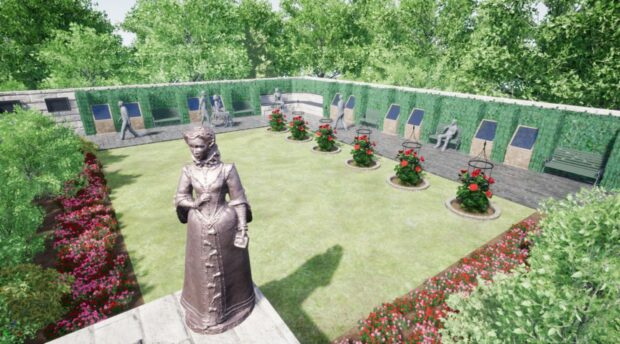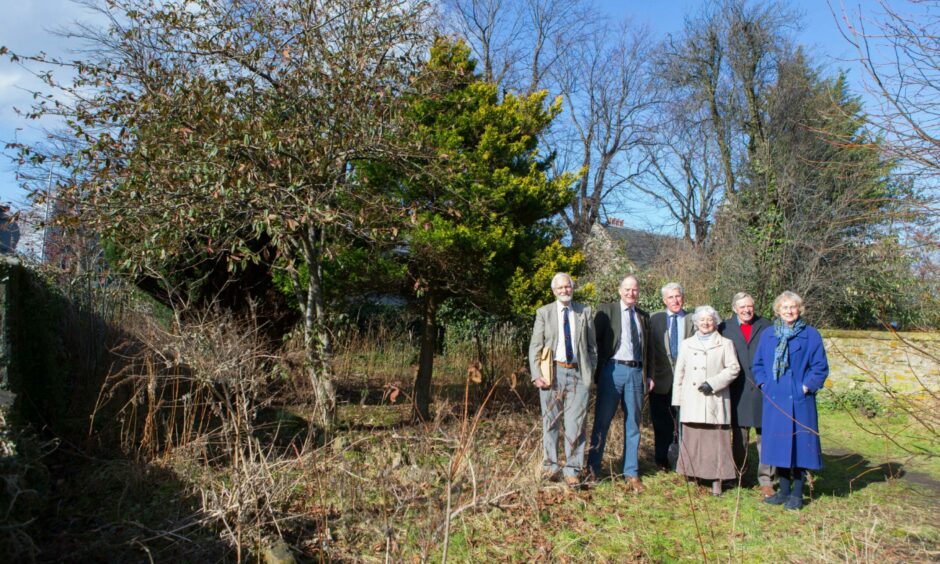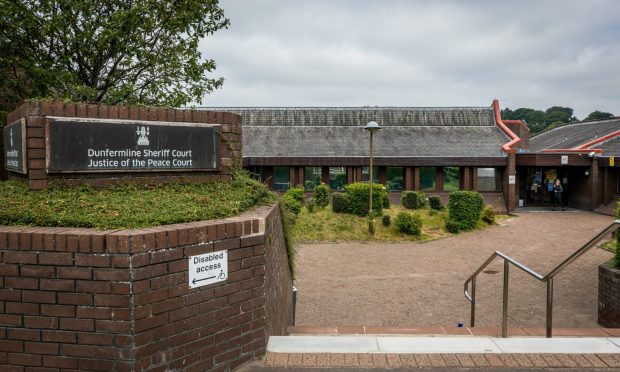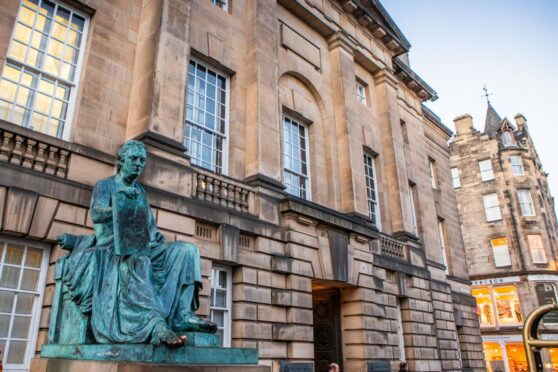A landowner has failed to overturn a government decision forcing it to sell an ‘eyesore’ piece of land linked to Mary Queen of Scots in St Andrews.
The Forthtay Limited Employee Trust instructed lawyers to go to Dundee Sheriff Court to argue that the Scottish Ministers acted unlawfully towards it.
The trust accused the Scottish Government of “apparent bias” towards a community group called Poet’s Neuk.
The Scottish Government used the Land Reform (Scotland) Act 2016 to compel Forthtay to sell a piece of land in St Andrews at Greyfriars Garden and St Mary’s Place to the community group.
In their decision, the ministers cited legislation which states that land can be bought by a community organisation via compulsory purchase if it is likely to further “sustainable development” and is in the “public interest”.
The move was granted in 2023, with ministers arguing the transfer would “promote social sustainability by creating a place where members of the local community can meet and interact”.
It is the first time the legislation has been used to force a community buyout of land.
Poet’s Neuk say site is ‘eyesore’
Ministers said the sale to the group under land reform legislation was in accordance with the law. Poet’s Neuk plans to turn the plot in to a public garden dedicated to Mary Queen of Scots.
The land is said to have been given to the people of St Andrews by Mary shortly before her abdication in 1567.
It is also located close to Greyfriars monastery which was founded in the late middle ages by Bishop James Kennedy sometime between 1463 and 1466 before it was destroyed around June 1559.
The court heard how Poets Neuk say the site is an “eyesore” and is a hub for antisocial behaviour.
However, lawyers for Forthtay argued that the decision made by ministers was unlawful and didn’t follow correct legal procedures.
However, in a written judgement published on Friday, Sheriff Timothy Niven Smith ruled in favour of the Scottish Government.
He wrote: “Having carefully considered the submissions and having reviewed the totality of the decision of the respondent I prefer the submissions of the respondent. I am satisfied that the Ministers had regard to the legal framework and applied the correct test in law to the questions they required to answer.
“I am not satisfied that they failed to consider material considerations or that they acted irrationally in their decision making. I am not satisfied that there was any real possibility of bias accordingly, I refuse the appeal.”
Anti-social behaviour
Poet’s Neuk was awarded the right to buy the land, at the corner of Greyfriars Garden and St Mary’s Place, by Scottish ministers in 2018.
In proceedings earlier this year, it was reported that lawyer Kenneth Young, acting for Forthtay, which is based in the Isle of Man, said that decision was “seriously flawed”.
He said, in reaching the decision, the “benefit of the doubt” had been given to the group over the landowner at every stage.
He pointed to a number of rejected planning applications for the site.
Mr Young said it was equivalent to the landowner “starting a goal down or with 10 men” when up against the Poet’s Neuk application.
Council planners previously approved the group’s application to transform the site into a garden, complete with a statue of Mary Queen of Scots.
The group claims the land has been neglected and allowed to become a magnet for anti-social behaviour and drug taking.
Sustainable development
The Scottish government’s lawyer, Juliet McKinlay KC, said ministers had to consider “the reality of what was happening on the site”.
She said ministers had acted lawfully and the decision was based on whether the transfer was “likely to further the achievement of sustainable development”.
In the judgement published on Friday, Sheriff Niven Smith spoke of how the site is close to “B-listed late Georgian town houses.”
He also wrote of how he considered the ministers followed correct legal procedures in the case.
Sheriff Niven Smith added: “I am not persuaded that the ministers failed to have regard to the appellants proprietorial rights or that the decision they reached was not proportionate in the circumstances accordingly.
“I am not satisfied that the decision of the ministers has fallen seriously short of the standard required. The appellants appeal on this ground is therefore unsuccessful.”
For more local court content visit our page or join us on Facebook.











